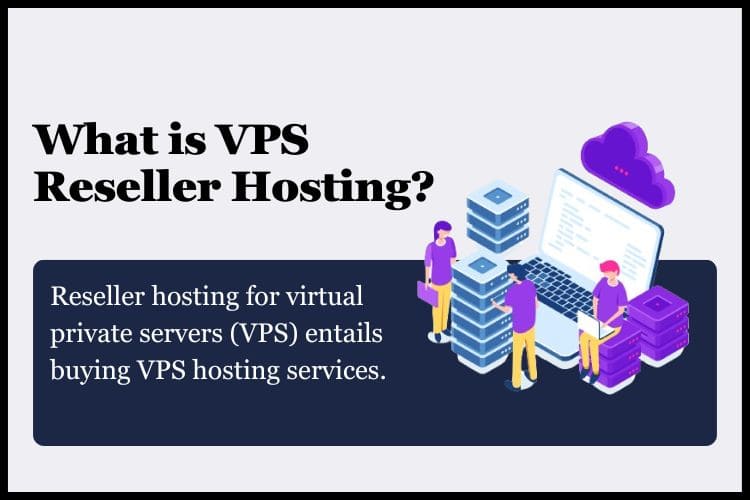-
Jul, Sat, 2024
What Is the Best Cheap Windows VPS Hosting in India?
Finding the best Cheap Windows VPS hosting in India can be quite challenging. There are many options available, but not all of them offer the best value for your money. In this blog, we will explore what makes a cheap Windows VPS hosting provider the best in India. We will also mention Hostingbuzz, a reliable option for cheap Windows VPS hosting India.
Why Choose a Cheap Windows VPS in India?

Choosing a cheap Windows VPS in India is a great way to save money while getting the benefits of a powerful server. It is ideal for small businesses and individuals who need reliable hosting without spending too much. With a Windows VPS server India, you get the flexibility of a dedicated server at a fraction of the cost.
Benefits of Cheap Windows VPS Hosting India
One of the main benefits of cheap Windows VPS hosting in India is the cost savings. By choosing a cheap Windows VPS, you can reduce your hosting expenses significantly. This allows you to invest more in other areas of your business.
Another benefit is the flexibility it offers. A Windows VPS server allows for customization to suit your specific requirements. This means you can install any software you need and configure it to your liking.
Moreover, cheap Windows VPS hosting provides better performance compared to shared hosting. Since you have dedicated resources, your website will load faster and handle more traffic.
How to Choose the Best Cheap Windows VPS in India
Choosing the best cheap Windows VPS in India involves several factors.The text provides several tips to assist in making the appropriate decision:-
Check the Windows VPS Server Price in India
When looking for a cheap Windows VPS in India, it’s important to compare prices. The Windows VPS server price in India can vary greatly depending on the provider and the features included.Choose a provider that provides a suitable balance between price and features.
Look for Reliable Providers

Reliability is crucial when choosing a cheap Windows VPS hosting India. You want a provider that offers a high uptime guarantee and good customer support. Hostingbuzz is one such provider known for its reliable service and affordable prices.
Consider the Features
The features offered by the cheap Windows VPS hosting India are also important. Make sure the provider offers enough RAM, CPU, and storage for your needs. Additionally, look for features like easy scalability, security, and regular backups.
Read Reviews and Testimonials
Reading reviews and testimonials from other users can give you a better idea of the quality of the cheap Windows VPS hosting. Look for reviews that mention the reliability, performance, and customer support of the provider.
Why Hostingbuzz Is a Good Choice
Hostingbuzz is a reputable provider of cheap Windows VPS hosting in India. They offer competitive prices and a range of features that make them a great choice for anyone looking for a Windows VPS server India.
Affordable Windows VPS Server Price in India
Hostingbuzz offers some of the best Windows VPS server prices in India. They offer a range of plans tailored to meet diverse requirements and financial constraints. Whether you are a small business owner or an individual, you can find a plan that fits your requirements.
Reliable and High-Performance Hosting
With Hostingbuzz, you get reliable and high-performance hosting.They provide a high uptime guarantee, guaranteeing the continuous availability of your website.Their cheap Windows VPS plans come with ample resources to ensure your website runs smoothly.
Excellent Customer Support
Customer support is another area where Hostingbuzz excels. They offer 24/7 customer support to help you with any issues you may encounter. Their support team is knowledgeable and responsive, ensuring you get the help you need quickly.
Frequently Asked Question
A Windows VPS is a virtual private server that provides the flexibility and performance of a dedicated server at a lower cost.
Choosing cheap Windows VPS hosting in India can help you save money while still getting reliable and high-performance hosting.
To find the best cheap Windows VPS in India, compare prices, check for reliability, look at the features offered, and read reviews from other users.
Hostingbuzz offers affordable prices, reliable service, high-performance hosting, and excellent customer support, making them a great choice for cheap Windows VPS hosting India.





